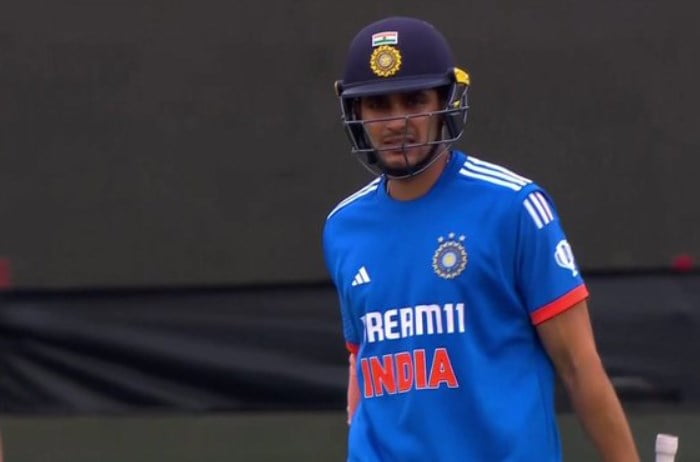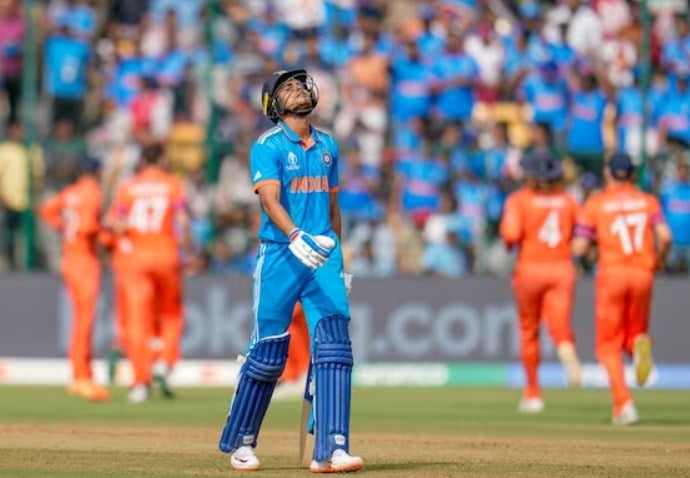Former India player Aakash Chopra added that Shubman Gill might have regretted being responsible for Rohit Sharma’s run-out and that could have affected his dismissal in the first T20I between India and Afghanistan. However, Afghanistan set India a 159-run target after being asked to bat first in Mohali on Thursday, January 11. Although Rohit was run out for a duck and Gill could only manage 23 runs, India registered a six-wicket win with 15 deliveries to spare as well.

Reflecting on Gill’s dismissal in a video shared on his YouTube channel, Chopra said: “I was surprised with the way Shubman Gill got out because he doesn’t get out like that. He was probably regretting that he had mistakenly gotten Rohit out and then he threw his wicket away. It was a bad shot.”
READ MORE: “I want to play cricket for as long as I can” – Nathan Lyon
He again explained: “He had hit a four and then another four while using his feet. Shubman Gill is someone who would have realized there that they were chasing only 160 on an extremely flat pitch, and that if he continued to play steadily, he could play a 60 to 80-run match-winning knock.”

However, Shubman Gill hit two fours off the first four balls of Mujeeb Ur Rahman’s second over. He came down the track off the fifth delivery, only to miss the ball and be stumped by Rahmanullah Gurbaz for a 12-ball 23 as well. Meanwhile, Aakash Chopra also believes Rohit Sharma was right in expressing his displeasure when he got run out after a horrible mix-up with Shubman Gill as well.
READ MORE: Virat Kohli shares the importance of maintaining diet
“I thought India would register a massive win. However, Rohit Sharma played a shot off the second ball and ran. Rohit Sharma kept running while saying yes. Shubman Gill was looking back and said no as well but both eventually stood at one end. Rohit was visibly upset, rightfully so, because it was his call and his problem,” Aakash Chopra concluded. “He was slightly disappointed and angry as well because the non-striker didn’t run at all. When the ball goes to mid-off, mid-on or cover, in front of the striker, it’s his call and his danger end as well.”
